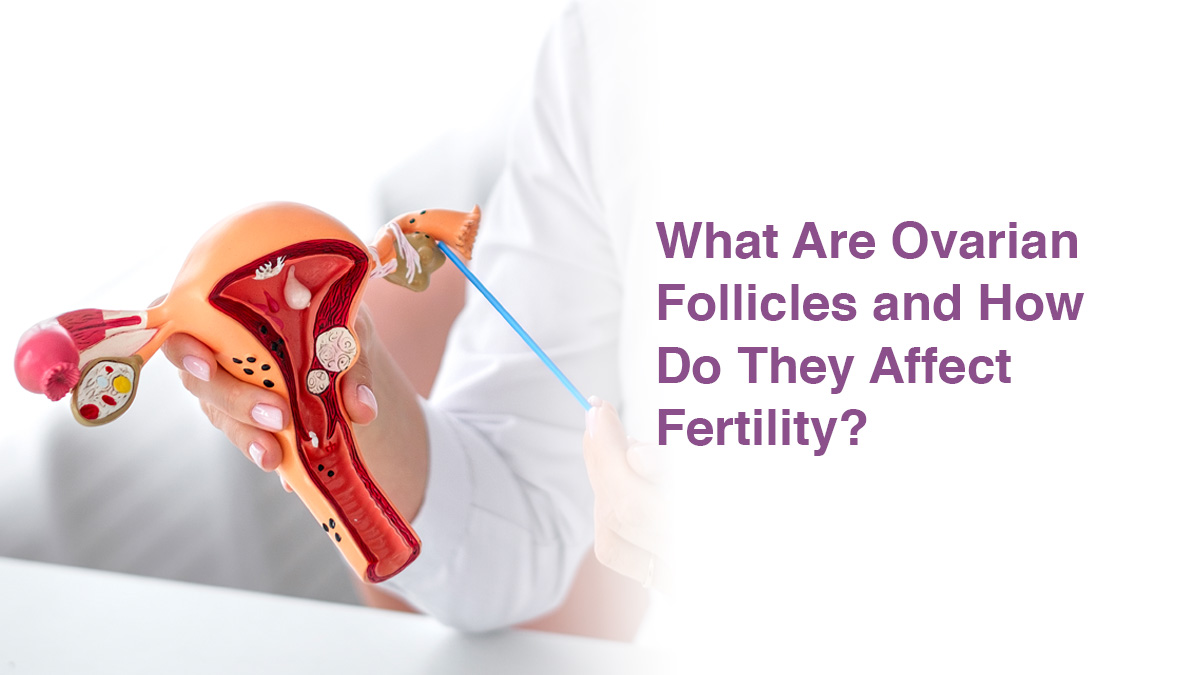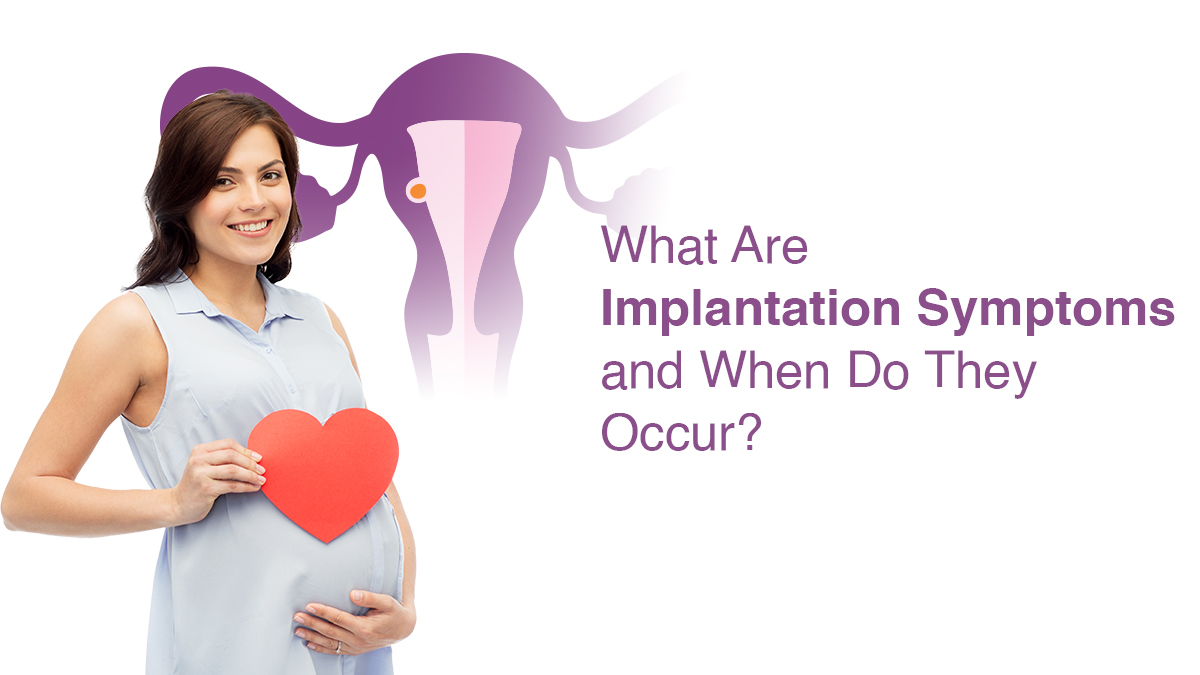
Spotting After Embryo Transfer: Is It Normal or a Sign of Concern?

Going through IVF treatment or IUI treatment can be a challenging emotional rollercoaster. The stage of embryo transfer is one of the most important parts of the process. One of the recurring symptoms mentioned in this procedure is spotting after embryo transfer. But is this something to be concerned about, or should you take it as a positive sign that your medication is truly working?
What Is Embryo Transfer?
Embryo transfer is the last step of IVF treatment. After fertilisation, the embryo is placed in the uterus to attach and grow into a healthy pregnancy. It comes with a two-week waiting period during which symptoms are observed closely.
What Is Spotting?
Spotting means light bleeding or brownish/pinkish discharge that you might notice on your underwear or when you wipe. It’s not as heavy as a period and doesn’t last as long. Spotting after embryo transfer normally appears as little spots or streaks and may last for a day or two.
Is Spotting After Embryo Transfer Normal?
Yes, spotting after embryo transfer can be completely normal. In fact, some women see it as a hopeful sign. It may be due to the embryo attaching itself to the uterine wall — a process known as implantation. During this time, tiny blood vessels can break, causing light bleeding. So, after embryo transfer, bleeding can simply mean your body is doing what it’s supposed to do.
You might be wondering, is spotting necessary after embryo transfer to confirm pregnancy? The answer is no. Some women never experience spotting and still go on to have a healthy pregnancy. Everybody reacts differently.
When Spotting Might Be a Cause for Concern
While spotting after embryo transfer is usually harmless, there are times when it might need medical attention. If the spotting turns into heavy bleeding, bright red in colour, or is accompanied by severe cramps, fever, or dizziness, it’s important to contact your doctor right away.
Also, if the spotting continues for several days without slowing down, or if you have a history of complications, it’s best to get it checked. In some cases, after embryo transfer, bleeding could be linked to early pregnancy loss or complications like ectopic pregnancy.
What Can Cause Spotting After Embryo Transfer?
Here are some common reasons for spotting after transfer:
- Implantation bleeding: The embryo burrows into the uterine lining, causing slight bleeding.
- Hormonal medications: Estrogen or progesterone supplements used during IVF treatment can cause your cervix to become sensitive.
- Medical procedures: The embryo transfer itself may slightly irritate the cervix.
- Infection: Although rare, infections in the cervix or uterus could cause bleeding.
- Pregnancy complications: Less commonly, spotting could point to miscarriage or an ectopic pregnancy.
What to Do If You Experience Spotting?
First things first — don’t panic. Try to stay calm and observe:
- Note the colour (pink, red, or brown)
- Track the amount (is it just a few spots or more?)
- Pay attention to how long it lasts
- Watch for other symptoms like pain or fever
If the spotting is light and doesn’t last long, it may not need any action. But if you’re unsure, call your fertility clinic or doctor. They might recommend a blood test or early scan to check everything’s on track.
Rest as much as you can, avoid lifting heavy objects, and don’t insert anything into the vagina (like tampons). Following your doctor’s post-transfer advice is key.
Emotional Impact of Spotting
Seeing spotting after embryo transfer can trigger anxiety, especially after putting in so much hope and effort. It’s completely natural to feel scared or upset. Remember, your feelings are valid.
Try to talk to your partner, friends, or a counsellor. Sharing your emotions can ease the mental burden. Keep reminding yourself that spotting doesn’t always mean bad news.
When to Take a Pregnancy Test?
It’s tempting to take a test early after embryo transfer, especially if you spot and wonder what it means. But testing too soon can give false results.
Doctors usually recommend waiting 10 to 14 days after the transfer. This allows enough time for pregnancy hormones (hCG) to build up in your body. If you take it earlier, even after embryo transfer bleeding, the result may not be accurate.
Stick to your clinic’s instructions for the best timing.
Conclusion
Spotting after embryo transfer can be nerve-wracking, but it’s often a normal part of the process. Whether you’re going through IVF treatment or IUI treatment, light bleeding can happen due to implantation or medication effects. But knowing the difference between normal spotting and when to call your doctor is important.
Whether or not you see after embryo transfer bleeding, trust your body and your medical team. To understand more, make an appointment at the Oasis Fertility Clinic near you.You can also contact us on 1800-3001-1000 or use our live chat option for immediate assistance.
FAQs
How long does spotting after embryo transfer usually last?
Spotting typically lasts for 1 to 3 days. If it continues longer or gets heavier, speak to your doctor.
Can I still be pregnant if I’m spotting after embryo transfer?
Yes, many women experience spotting and still go on to have a healthy pregnancy. It could be a sign of implantation.
Is spotting more common with fresh or frozen embryo transfers?
It can happen with both, but spotting may slightly vary based on hormonal changes and the type of transfer.


fill up the form to get a
Free Consultation
Avail 0% interest on EMI
All Procedures | No Upper Limit
How we reviewed this article:
- Current Version





